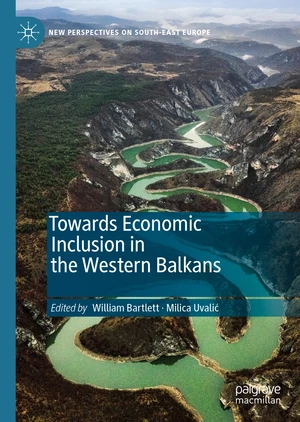The countries in the Western Balkans have been severely affected by the wars and conflicts that led to the breakup of former Yugoslavia, by political instability and the effort of creating new states, weak economies and high levels of unemployment, poverty and social exclusion, and inequality. As revealed by recent surveys, such as EBRDâs Life in Transition Survey and Eurofoundâs European Quality of Life Survey, life satisfaction in the region is far below that elsewhere in Europe. In recent years they had achieved a strong impetus of economic growth with falling rates of unemployment and increasing optimism for the future. However, the COVID-19 pandemic of 2020 has brought about a sudden reversal of these trends and a renewed deterioration in the economic outlook, and an increase in social hardships that heralds a repeat of past failures in economic inclusion policies. This book identifies the key challenges in the areas of economic inclusion, focusing on the themes of labour markets, vocational education and skills, female entrepreneurship and the integration of migrants. It considers the opportunities for solutions to âbuild back betterâ once the recovery from the COVID-19 crisis begins, and offers proposals for more acceptable, equitable and effective economic inclusion policies.
Price history
Oct 14, 2022
€143.41

